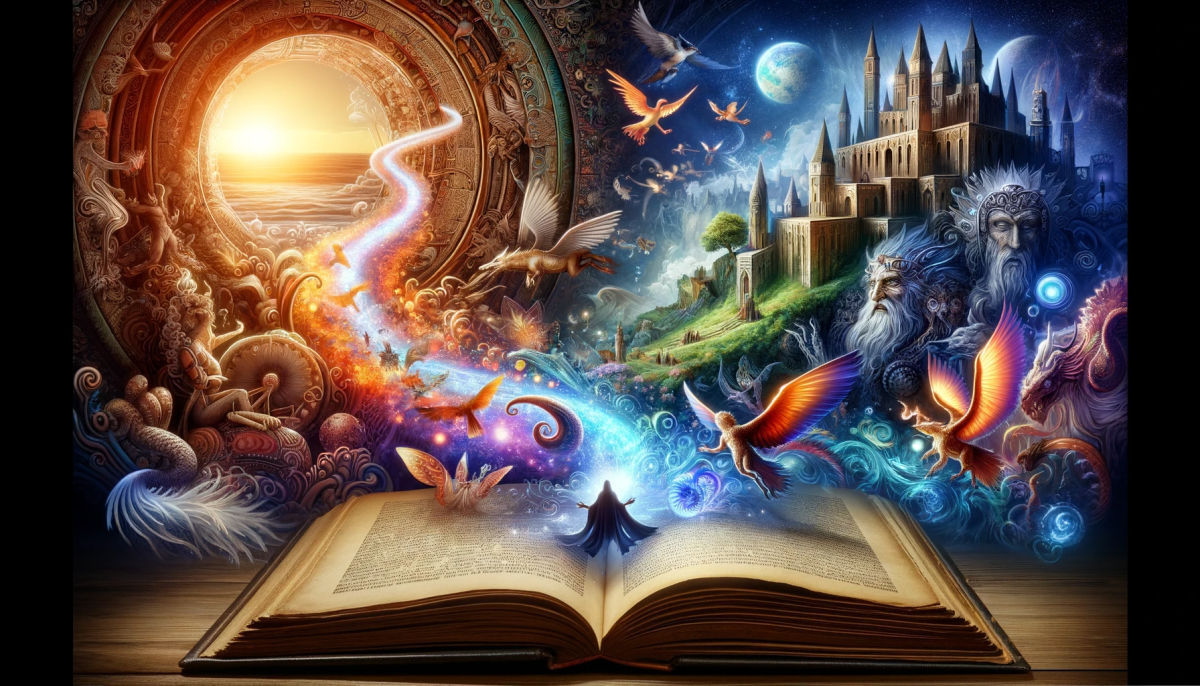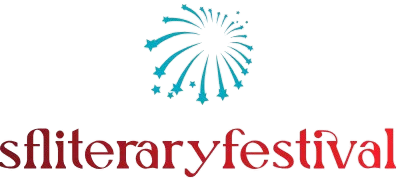Literary genres have evolved dramatically over the past century. As society changes and technology advances, storytelling has also shifted in tone, structure, and purpose. Writers now blur genre lines, mix themes, and explore complex identities through fresh narratives. From sci-fi thrillers to feminist horror, the evolution of modern literature reflects the dynamic experiences of today’s world. Readers crave stories that challenge tradition while still delivering emotional depth and entertainment.

South Florida Literary Festival
Literary festivals celebrate the written word and bring together authors and readers. These events often include book readings, workshops, and discussions. For an engaging and immersive experience, explore live dealer casinos.
Blending Genres in the Digital Age
Modern literature often defies strict classification. Authors frequently combine elements of multiple genres to create something new and engaging. For instance, a novel might weave fantasy into historical fiction or inject romance into dystopian tales. This trend allows writers to explore deeper themes and connect with diverse audiences. Just like the way entertainment options have grown more interactive and immersive, books have mirrored this shift. One such parallel can be drawn from live dealer casinos, which blend traditional gambling with real-time digital experiences. This evolution in gaming echoes how literary genres now adapt to serve readers looking for more immersive, hybrid forms of storytelling.
The Rise of Speculative Fiction
Speculative fiction—an umbrella for science fiction, fantasy, and horror—has gained massive popularity. These genres let writers examine real-world issues through imaginative lenses. For example, climate fiction explores environmental crises, while dystopian novels critique societal structures. Authors such as Octavia Butler and Margaret Atwood have used speculative elements to highlight gender inequality, racial injustice, and political corruption. This rise speaks to readers’ desire for stories that not only entertain but also provoke thought.
Young Adult (YA) Literature’s Expanding Influence
YA literature has grown beyond its teenage audience. These stories often tackle issues like identity, mental health, and coming of age, which resonate with readers of all ages. The genre has also become more inclusive, featuring protagonists from different races, cultures, and gender identities. With a strong focus on personal growth and social justice, YA books challenge readers to reflect on the world and their place within it. Their emotional impact and accessibility continue to shape the literary landscape.
Literary Fiction Embracing Contemporary Themes
While once defined by its introspective and often highbrow tone, literary fiction has embraced modern themes and everyday realities. Today’s authors use simple language and relatable plots to explore topics such as mental health, family conflict, migration, and cultural identity. The shift toward more accessible storytelling allows a broader range of voices and experiences to shine. This movement helps break down barriers between high literature and popular fiction, fostering a more inclusive reading culture.
Genre Fiction as a Platform for Social Commentary
Genres like crime, romance, and horror are no longer just for entertainment—they now serve as platforms for exploring deeper societal concerns. Crime novels dissect issues like corruption and justice. Romance stories challenge gender norms and celebrate diverse love. Horror novels expose societal fears and psychological struggles. As these genres grow more layered, readers are invited to think critically about the world around them while enjoying a gripping plot.
Conclusion
The evolution of modern literary genres reveals a landscape rich with experimentation and inclusivity. Writers now blend categories, challenge norms, and tell stories that reflect the complexities of real life. Whether it’s through speculative worlds or grounded narratives, literature continues to adapt to the ever-changing needs of its readers. Just as other industries like gaming evolve to meet modern expectations, literature proves it can stay relevant, engaging, and deeply human.




